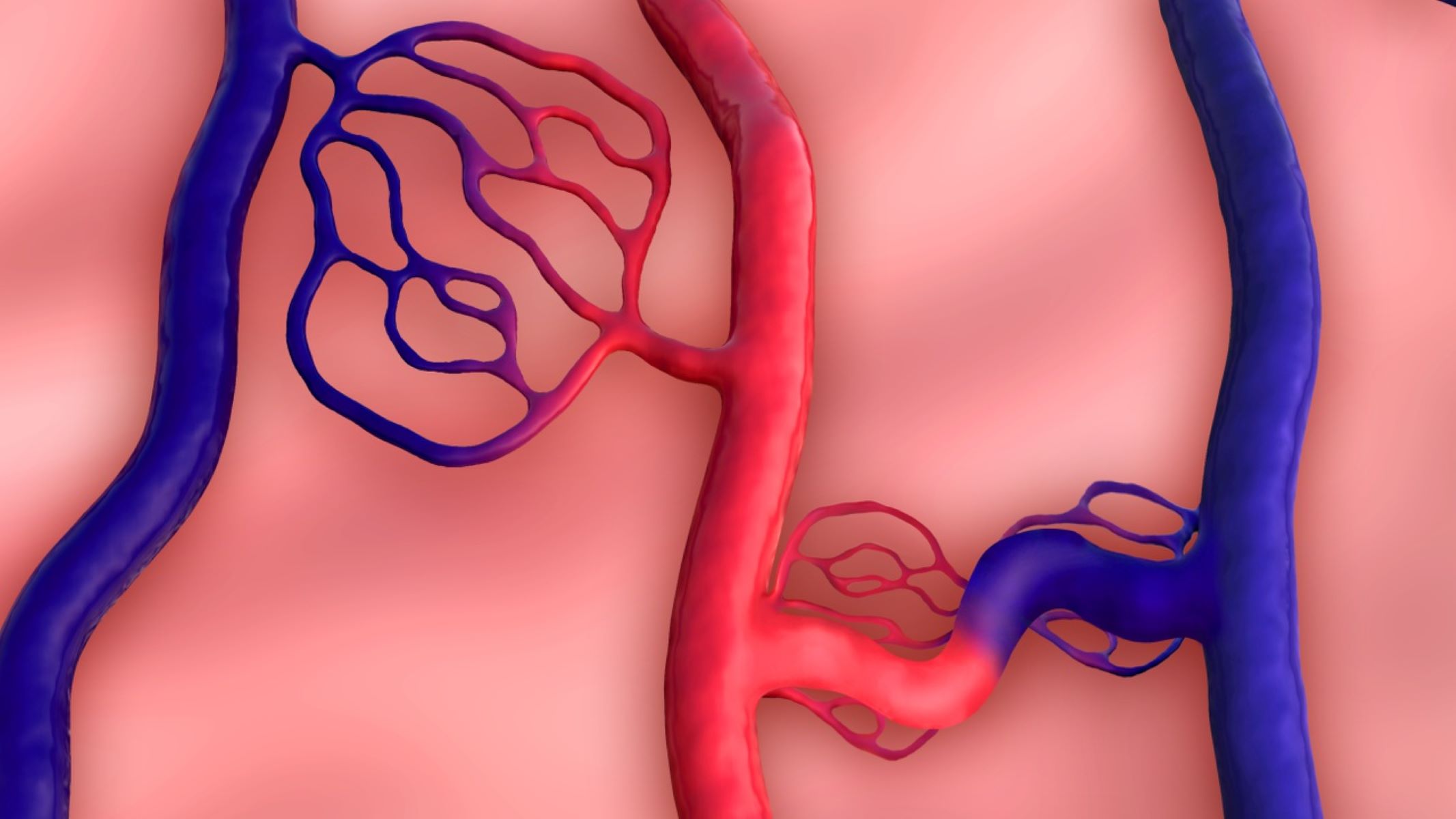
Asthenia, often called weakness or fatigue, is a complex condition that can leave you feeling drained and powerless. Unlike a specific disease, it’s a symptom that can stem from various causes. What exactly is asthenia? Asthenia is a persistent feeling of general weakness or lack of energy. This can be due to infections, chronic illnesses, nutritional deficiencies, or even psychological issues like depression. It can affect anyone, making everyday tasks feel like climbing a mountain. Understanding the root causes and symptoms is crucial for proper diagnosis and management. From lifestyle changes to medical treatments, there are numerous ways to tackle this condition and regain your energy.
Understanding Asthenia
Asthenia, commonly known as weakness or fatigue, is a complex condition that can affect anyone. It’s not a disease itself but a symptom of various underlying issues. Let’s explore some essential facts about asthenia.
-
Definition: Asthenia refers to a general feeling of weakness or lack of energy. It can be acute or chronic and impact any part of the body.
-
Causes: Numerous factors can cause asthenia, including infections, chronic diseases, nutritional deficiencies, and psychological conditions.
-
Symptoms: The main symptom is persistent fatigue or weakness. Other symptoms might include muscle pain, joint pain, headaches, and difficulty concentrating.
Common Conditions Linked to Asthenia
Certain medical conditions are frequently associated with asthenia. Understanding these can help in identifying the root cause.
-
Chronic Fatigue Syndrome (CFS): Also known as myalgic encephalomyelitis (ME), CFS is characterized by persistent fatigue not relieved by rest.
-
Anemia: Particularly iron-deficiency anemia, it leads to reduced oxygen delivery to tissues, causing fatigue and weakness.
-
Hypothyroidism: An underactive thyroid gland can cause fatigue and weakness due to a deficiency in hormones that regulate metabolism.
-
Nutritional Deficiencies: Lack of essential vitamins and minerals like B12, iron, and magnesium can contribute to asthenia.
-
Depression: Psychological symptoms of depression often manifest as physical fatigue and a lack of energy.
Other Contributing Factors
Asthenia can also be exacerbated by various lifestyle and environmental factors.
-
Sleep Disorders: Conditions like insomnia or sleep apnea can lead to persistent fatigue due to poor sleep quality.
-
Medications: Some medications, especially sedatives and antidepressants, can cause asthenia as a side effect.
-
Infections: Infections like mononucleosis or Lyme disease can cause temporary asthenia as the body fights off the illness.
-
Autoimmune Disorders: Diseases like rheumatoid arthritis or lupus can cause chronic fatigue and weakness due to immune system attacks on healthy tissues.
-
Cancer: Both cancer and its treatments, such as chemotherapy and radiation, can lead to fatigue and weakness.
Diagnosing Asthenia
Diagnosing asthenia involves a thorough examination to identify potential underlying causes.
-
Medical History and Physical Examination: A healthcare provider will perform a detailed medical history and physical exam.
-
Blood Work: Tests can identify anemia, hypothyroidism, and other nutritional deficiencies.
-
Imaging Studies: X-rays or MRIs may be used to diagnose conditions like arthritis or cancer.
-
Sleep Studies: These can help diagnose sleep disorders contributing to asthenia.
-
Psychological Evaluation: This may be necessary to rule out depression or other mental health conditions.
Managing Asthenia
Effective management of asthenia involves addressing the underlying cause and making lifestyle changes.
-
Treating Underlying Conditions: This may include treating infections, managing chronic diseases, and addressing nutritional deficiencies.
-
Lifestyle Changes: Regular exercise, a balanced diet, and stress management techniques can help alleviate symptoms.
-
Medications: Iron supplements, thyroid hormone replacement therapy, and antidepressants may be prescribed.
-
Alternative Therapies: Acupuncture, massage therapy, and yoga might also be beneficial.
-
Support Groups: Joining a support group can provide emotional support and help individuals cope with chronic asthenia.
Practical Considerations
Living with asthenia requires practical adjustments to daily life and work.
-
Workplace Accommodations: Flexible work hours or regular breaks may be necessary to manage asthenia in the workplace.
-
Education: Learning about the condition and its management can empower individuals to take control of their health.
-
Patient Advocacy: Ensuring individuals with asthenia receive the necessary support and resources is crucial.
-
Research: Ongoing research into the causes and management of asthenia is essential for developing new treatments.
-
Public Awareness: Raising awareness can help reduce stigma and encourage more people to seek medical attention.
Support and Resources
Access to support and resources can significantly improve the quality of life for those with asthenia.
-
Healthcare Provider Education: Educating providers about asthenia can improve diagnosis and treatment outcomes.
-
Multidisciplinary Approach: Involving healthcare providers from various specialties is often necessary for effective management.
-
Patient Education Materials: Providing materials in plain language can help individuals understand their condition better.
-
Telehealth Services: These can provide convenient access to healthcare services, especially for those with mobility issues.
-
Community Support: Programs offering practical assistance and emotional support can help individuals navigate the challenges of chronic illness.
Future Directions
Looking ahead, advancements in technology and policy changes can play a significant role in managing asthenia.
-
Policy Changes: Changes at the workplace or in healthcare settings can create a more supportive environment.
-
Advancements in Technology: Wearable devices and mobile apps can help monitor and manage symptoms more effectively.
-
Holistic Approach: Incorporating physical, emotional, and psychological aspects is often the most effective way to manage asthenia.
-
Environmental Factors: Addressing pollution, climate change, and exposure to toxins can help reduce chronic fatigue.
-
Hormonal Imbalances: Managing conditions like polycystic ovary syndrome (PCOS) can improve energy levels and well-being.
-
Cancer Treatments: Research into less debilitating treatments can help reduce fatigue in cancer patients.
-
Autoimmune Research: Ongoing studies into autoimmune disorders can lead to better management of chronic fatigue and weakness.
Understanding Asthenia
Asthenia, or persistent weakness, affects many aspects of life. It can stem from various causes like anemia, hypothyroidism, nutritional deficiencies, and depression. Recognizing the symptoms, such as muscle pain, joint pain, and difficulty concentrating, is crucial for proper management. Diagnosis often involves medical tests, blood work, and sometimes sleep studies. Treatment focuses on addressing the root cause, whether it’s through medication, lifestyle changes, or alternative therapies. Support groups and workplace accommodations can also play a significant role in managing this condition. Raising awareness and educating both patients and healthcare providers about asthenia can lead to better outcomes. By taking a holistic approach, incorporating physical, emotional, and psychological aspects, individuals can improve their quality of life. Understanding asthenia is the first step toward effective management and a healthier, more fulfilling life.
Was this page helpful?
Our commitment to delivering trustworthy and engaging content is at the heart of what we do. Each fact on our site is contributed by real users like you, bringing a wealth of diverse insights and information. To ensure the highest standards of accuracy and reliability, our dedicated editors meticulously review each submission. This process guarantees that the facts we share are not only fascinating but also credible. Trust in our commitment to quality and authenticity as you explore and learn with us.


